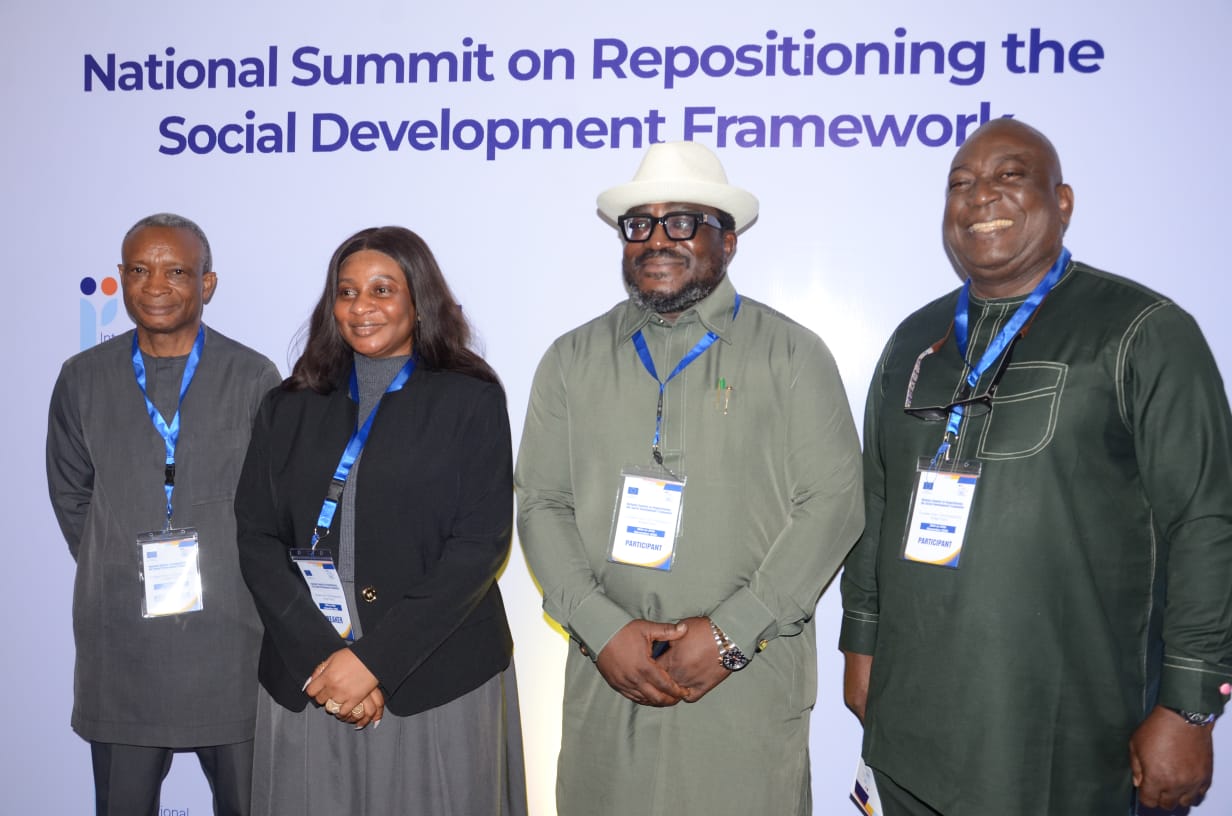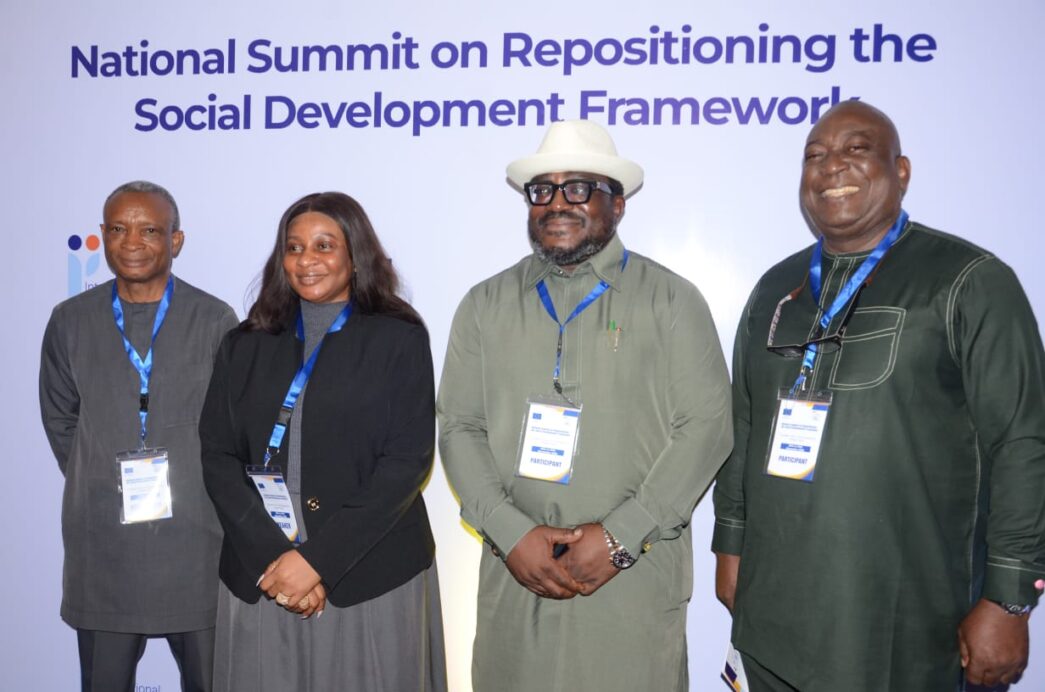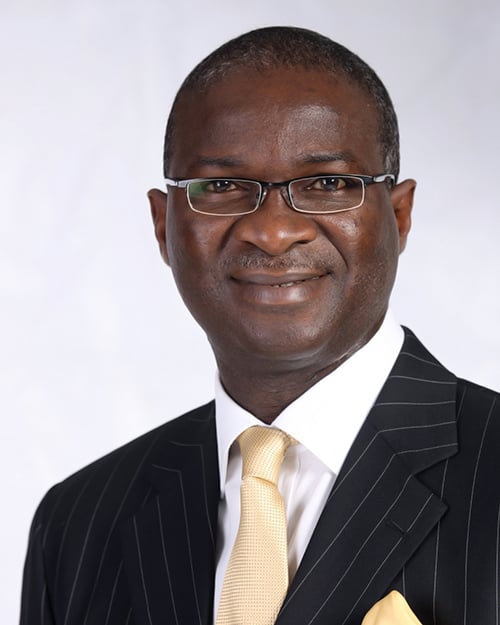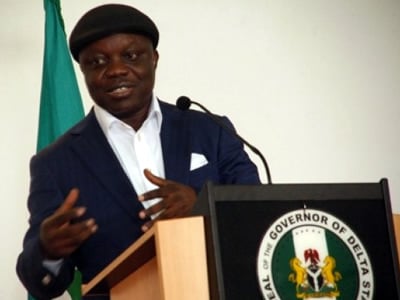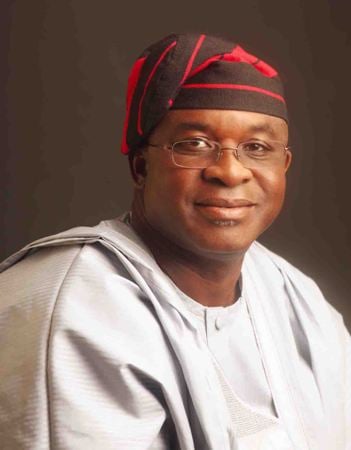The European Union-International Institute for Democracy and Electoral Assistance (EU-IIDEA), along with other stakeholders, says Nigeria’s Social Development Act (SDA) is outdated and incapable of driving inclusive growth.
Speaking at the national SDA summit in Abuja on Thursday, Valentina Enih, the Enugu state commissioner for children, gender, and social development, said the Act is older than many Nigerians, adding that it must be urgently reviewed to address emerging social challenges.
Originally conceptualised in the 1970s and enacted in 2004, the SDA serves as Nigeria’s central framework for coordinated and inclusive social development.
“The act is older than many of us. Outdated provisions and emerging social challenges demand urgent reform,” Enih said.
Advertisement
“The unity of civil society organisations (CSOs) is essential. One stick is easily broken, but a bundle of broomsticks is not. We must speak with one voice.”
The commissioner appealed to lawmakers to increase funding for ministries responsible for women’s affairs, poverty eradication, and social protection.
Idem Udoekong, project manager of the EU strengthening bridge (EU-Bridge) project, said the summit was convened to revive national attention on the long-neglected SDA and policy.
Advertisement
He said CSOs play a vital role in education, healthcare, civic values, and community development, often filling gaps left by the government.
With the summit coinciding with the global 16 Days of Activism campaign, Udoekong said updating the SDA would strengthen coordination on gender issues, improve responses to gender-based violence, and enhance overall social development strategies.
Victor Obuzor, chairman of the house representatives committee on civil society organisations and development partners, said the national assembly has prioritised reviewing the act.
“Fragmentation, institutional reassignments and multiple regulatory frameworks have weakened the effectiveness of the Social Development Act,” he said.
Advertisement
“Our committee is reviewing historical gaps, engaging stakeholders and supporting the development of a modernised civil society regulatory bill.”
Peter Audu, deputy director at the ministry of humanitarian affairs and poverty reduction, said the summit aligns with federal reforms aimed at promoting gender equality, social protection and national cohesion.
“This forum provides an important opportunity to consider proposed amendments and develop a national coalition for sustainable financing and measurable results,” he said.
‘REVISED SDA MUST BE GENDER RESPONSIVE’
Advertisement
Fumi Akinyele, chief executive officer (CEO) of the Accountability and Transparency Initiative, said the revised law must contain gender responsiveness from inception.
Akinyele noted that many rural women are excluded from social protection programmes due to requirements such as smartphones, bank verification numbers and digital literacy.
Advertisement
“Inclusion must go beyond words. We need clear definitions, gender-responsive budgeting and disaggregated data,” she said.
“The committees must be balanced so that different voices are heard.”
Advertisement
Chris Azor, chairman of the Anambra Civil Society Network, said sub-national CSOs face challenges including inconsistent regulations, which sometimes lead to the closure of community organisations’ bank accounts.
He urged that the amended act provide states with a clear legal framework for social protection and civil society participation.
Advertisement
“We want a standing law that expands civic space and ensures citizens are part of governance,” he said.
Harry Udo, team lead of the Ethics and Good Leadership Awareness Initiative, added that harmonising registration and regulatory procedures under the SDA would allow states to grant CSOs the same legal status as entities registered with the Corporate Affairs Commission.
The stakeholders asked state governments to create a more coherent and supportive environment for civil society nationwide.
